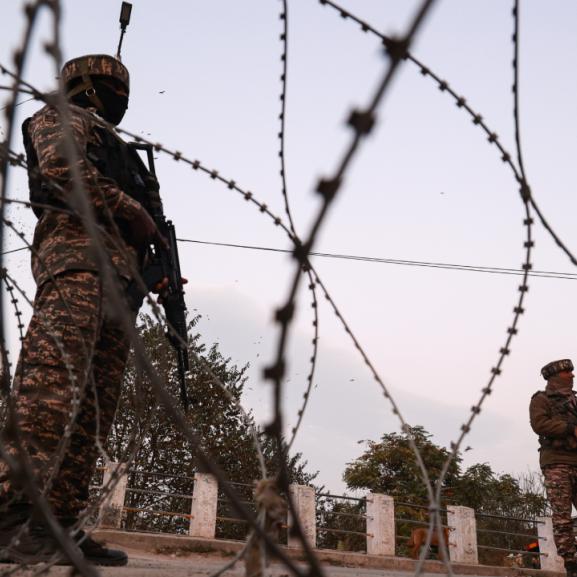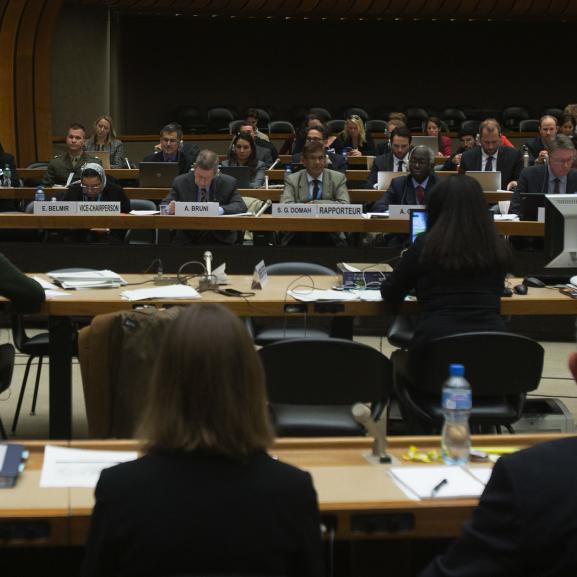Retraining of criminal investigators could help to combat torture in Brazil
The Medical Foundation is advising Brazilian forensic professionals on effective methods of documenting torture with a view to combating gross human rights abuses by state agents.
A visit to Rio de Janeiro and Brasilia by a team of MF doctors revealed a number of serious shortcomings in the way allegations of torture are investigated.
The use of torture by state agents to extract information or confessions from suspects is widely acknowledged, both by human rights groups and the Brazilian government. A 2005 Amnesty International report highlighted the systematic use of torture as a means of punishment and harassment, and drew attention to killings by death squads and threats to human rights activists.
MF doctors met with forensic professionals from eight Brazilian states, their visit backed by the British Council and the Brazilian Special Secretariat of Human Rights. They found that the ability of medical professionals to investigate allegations of torture was hindered by the fact that forensic experts are under the control of the police, and are powerless to prevent officers contaminating crime scenes and destroying evidence.
Medical doctors and peritos (forensic scientists) also receive limited and inappropriate training in examining crime scenes, with police controlling the funding made available for such purposes.
In a report on the visit, the MF team recommends new training programmes focusing on medical ethics and human rights, international and Brazilian laws outlawing torture, psychological assessment of torture survivors, and better interviewing techniques to elicit sensitive information from traumatised victims. It goes on to suggest that Brazilian judges and prosecutors should also receive training in interpreting expert medical reports presented to the courts. The report also calls for the Brazilian government to ratify the Optional Protocol of the UN Convention Against Torture, which would allow for pre-arranged visits to places of detention by a subcommittee of the CAT.
MF Director of Public Affairs Sherman Carroll, who was part of the MF visit, believes that significant improvements in the investigation of torture cases largely depends on the Brazilian government giving forensic experts autonomy from the police, a move currently under debate in parliament.
Although there appears to be highly placed support for autonomy, there are many political links between the powerful police superintendents (delegados) and some federal deputies and senators who may oppose autonomy for the forensic professionals.
"It will be difficult but it's more possible now than it has ever been before, and that's because the United Nations has got behind this proposal, as has the Brazilian presidency and the national associations of forensic professionals themselves," said Mr Carroll.
June 29, 2006





